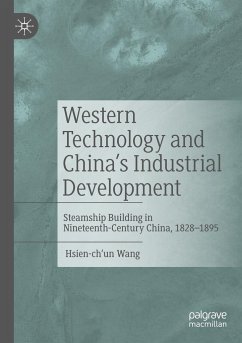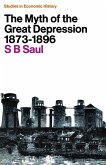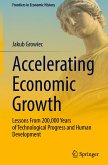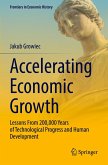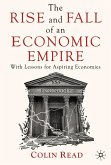This book explores how steam engine technology was transferred into nineteenth-century China in the second half of the nineteenth century by focusing on the transmission of knowledge and skills. It takes on the long-term problem in historiography that puts too much emphasis on politics but ignores the techno-scientific and institutional requirements for launching such an endeavor. It examines how translations broke linguistic and conceptual barriers and brought new a understanding of heat to the Chinese readership. It also explores how the Fuzhou Navy Yard's shipbuilding and training program trained China's first generation of shipbuilding workers and engineers. It argues that conservatism against technology was not to blame for China's slow development in steamship building. Rather, it was government officials' failure to realize the scale of institutional and techno-scientific changes required in importing and disperse new knowledge and skills.

